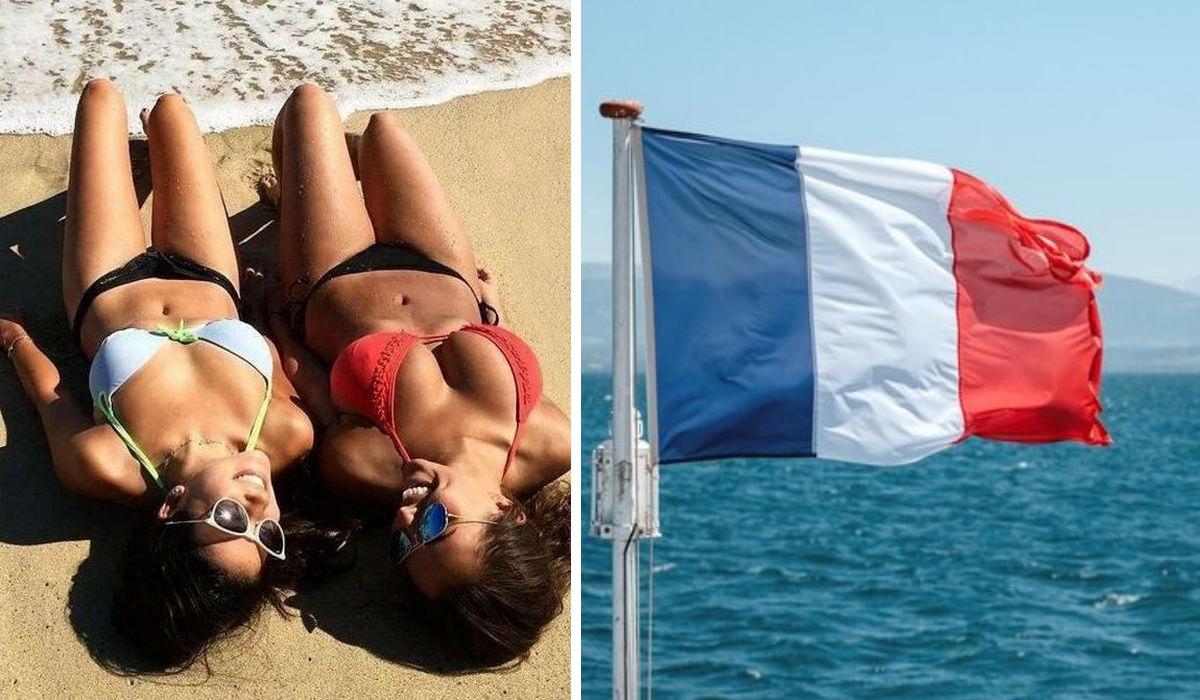Returning tourist holidays in Europe to a “proven” scale again raises the issue of combating “overtourism”, ie, with an excess of tourists in many popular places. Thus, in the south of France (and France has long been the most popular country for tourists from around the world) already have to enter the entrance with special permits to visit the most popular beaches – so local authorities will try to cope with the incredible number of visitors. Passes are introduced for tourists, and not everyone will be lucky to have a mother, only the chosen ones because the number of passes will be limited.
We are talking about protected natural areas – Kalanka National Park, which is an area of steep bays and coves near Marseilles. Its secluded bays are popular with tourists. As a result, local authorities have imposed restrictions on peak dates. So, on June 26, July 3, and then from July 10 to August 21 this year, tourists must show a booking confirmation to visit one of the most famous places in the park, Sugiton Bay. In the summer months, the number of people visiting the bay rises to an incredible number, tourists flock from all sides to see its crystal clear waters.
As a result, local authorities are trying to limit the impact that thousands of tourists have on the park’s environment. And from 2022, tickets are introduced to visit the bay. Tourists will be invited to book a visit in three days through the online booking system. And only 400 passes per day will be offered. Moreover, restrictions will be imposed on the number of visits, one person will be allowed to book only eight times during the summer season. And to catch “ticketless” will be a private security company.
At the end of the summer, the park authorities will evaluate the results of the experiment before deciding whether to extend it to other areas of the park next year. According to local authorities, other measures had previously been taken to limit the number of visitors, including warning signs about the number of visitors, the inaccessibility, and the cold water. However, it did not work.
At the same time, according to the park authorities, the bay is already in a difficult state – due to excessive attendance, soil erosion has increased, threatening both “landscapes we love so much and biodiversity” and tourists themselves – with uncontrolled “grazing” of tourists. There may be a risk of landslides.

